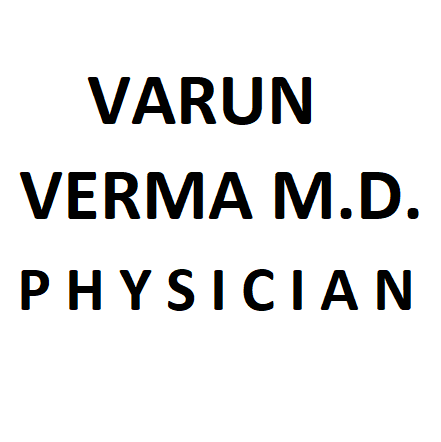
Multiple times a week I get messages from dear friends, family or colleagues who ask some variation of ‘how are you holding up?’ I am neither an anesthesiologist, critical care or ER physician, so I’m not three inches away from contagion while intubating patients. I am not a nurse or respiratory therapist who is going in and out of the patient room a dozen times a day administering life saving medications, performing vital assessments, or carefully managing the oxygen lifeline. I’m certainly not in charge of the day-to-day operations of a hospital and no one relies on me to prepare food, ensure their security or clean the work environment. I’m also not working in places that look like war-zones (Bergamo or New York City). I guess I’m doing fine.
As a hospital medicine physician I do however take care of patients with covid-19 who are too sick to leave the hospital. My days seem to have blended together into one big six week block where I arrive at the hospital in scrubs (new for me), review lab and diagnostic data on a computer screen, and start rounding with a N95 mask, face shield and gown/gloves. A few hours later I stop and am relieved to temporarily remove all the garb. I document in the EHR, and frequently this takes longer than the actual time I spent with patients. In the late afternoon I update families via telephone because no visitors are allowed, and I go back to the wards to evaluate the sickest patients again. My day is punctuated by notifications about rapid responses and my patients being upgraded to ICU, or by requests asking me to come and pronounce a deceased patient. I guess overall I’m just tired, but on further reflection I find myself cycling between these states:
Fearful
Angry
Courageous
Transformed
Stressed
Fear
Statistics don’t help. My mind doesn’t take solace in the fact that the case fatality rate is “likely less than 5%” or that “elderly patients are more at risk.” All I see scattered over social media and the news are images of young healthcare professionals succumbing to the virus. In my own patients, mainly those from nursing homes, I see the lonely demise of individuals – without family or friends by their bedside – and the obliteration of their decades of experiences. Horrifying doesn’t begin to explain the spectacle. I try to be hypervigilant and do things like wipe down every keyboard or phone I touch, open door handles with tissues, I religiously put on and take off my PPE, and I come home and strip down in my garage and immediately shower. Yet still, I inevitably must mess up somewhere along my day, and I wonder if I will fall sick or whether I will expose my family to the virus.
Anger
The target of my anger shifts between inept government officials, healthcare middlemen who have bled our healthcare system dry, a world that thrives on inequality, and some health system administrators who don’t seem to prioritize the safety of frontline healthcare workers. My anger quickly abates though, since I don’t have time to focus on the past at this moment.
Courage
I wish I had more. Up until now I thought I had an iron stomach and steady hands. Until a few years ago I rarely thought much before jumping into experiences; I traveled carefree across the world, participated in medical relief work abroad, and worked across the country without thinking twice about uprooting my life. I now worry about consequences. Turns out having young children changes your risk tolerance; the thought of your family fills your heart with love and nourishes your soul but also tests your stomach. During some particularly difficult moments in the hospital I can feel fluttering for what feels like an eternity, before I manage to get my bearings. Seeing all the other hospital staff turning up everyday to fulfil their duty gives me courage and inspiration. I too put one foot in front of the other and stride through the sliding doors of the hospital.
Transformation
Besides the obvious fact that the pandemic has upended our daily lives – something else feels different. Our society cannot go back to business as usual, and I certainly can’t. Up until now as a physician I’ve taken care of one patient at a time in front of me. I’ve fought to ensure that whatever is medically necessary gets done for my patients while they are hospitalized. However, after they have been discharged – I have been largely absent in their care and wellbeing. I definitely haven’t made myself an activist in any greater cause, essentially I’ve been reactive rather than transformative. Going forward, I now see that I must personally do much more to become involved in activism to fix our broken system. If healthcare professionals continue to stand silently and just “do their jobs” – nothing will change about the inherently unjust and flawed healthcare system we have allowed to exist. The existing sick-care-system has allowed the proliferation of chronic diseases, the neglect of the vulnerable, the metastasis of a profits over patients ethos, and a complete break down of the doctor-patient relationship.
Stress
Unfortunately stress is inevitable for all of us at this time – whether you’re an essential worker showing up everyday or whether you’re at home protecting against the spread of the virus. We each have to execute strategies to manage our stress so it doesn’t conquer us. In my own experience – my first baby step to managing stress has been to accept things as they are. Step two has been to make time for myself and be thankful for existing. Step three has been to be present with my family. Like many have reminded us – the present moment is the only one we have to lose – and redoing the past or fretting about the future is futile.
